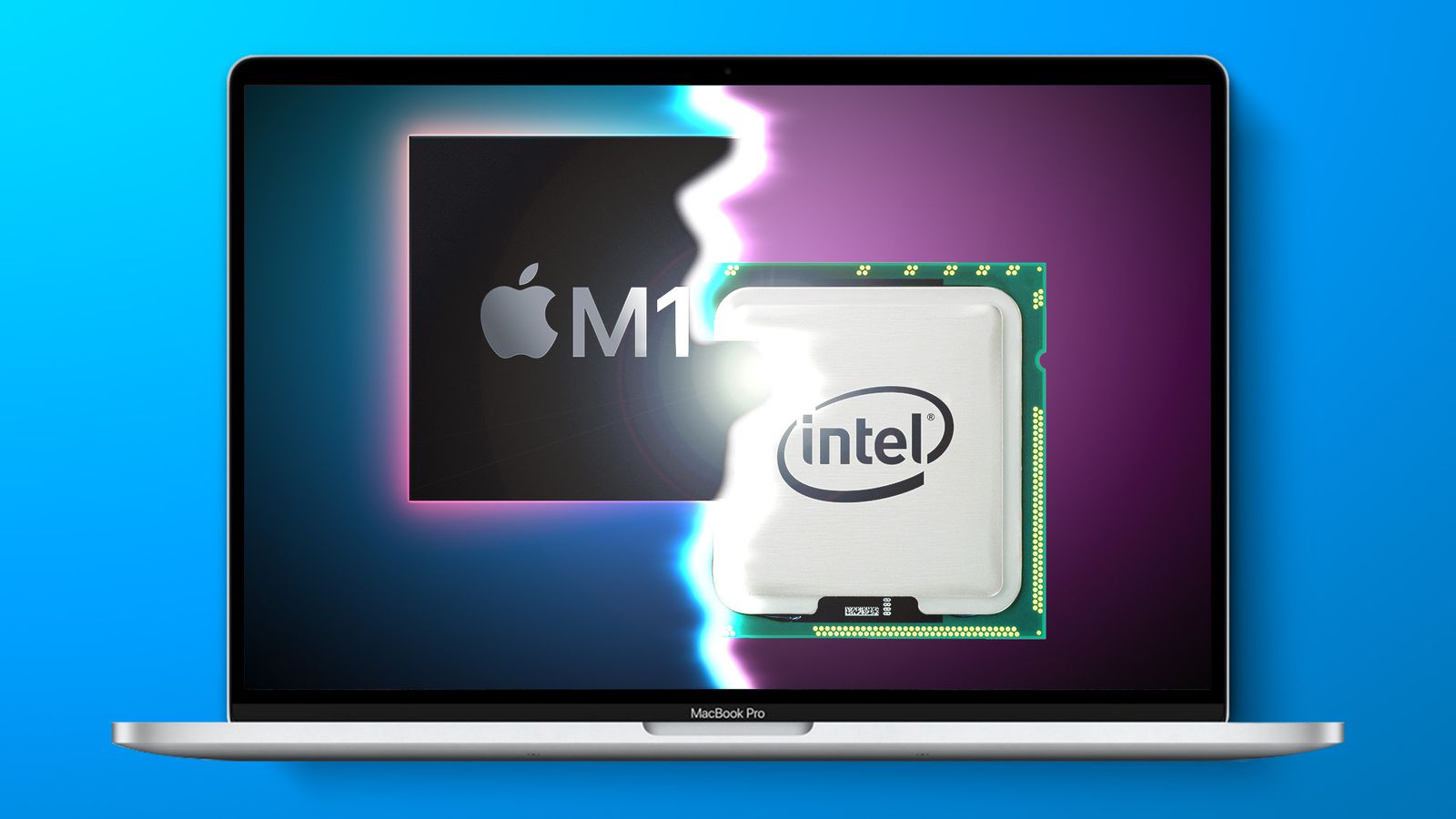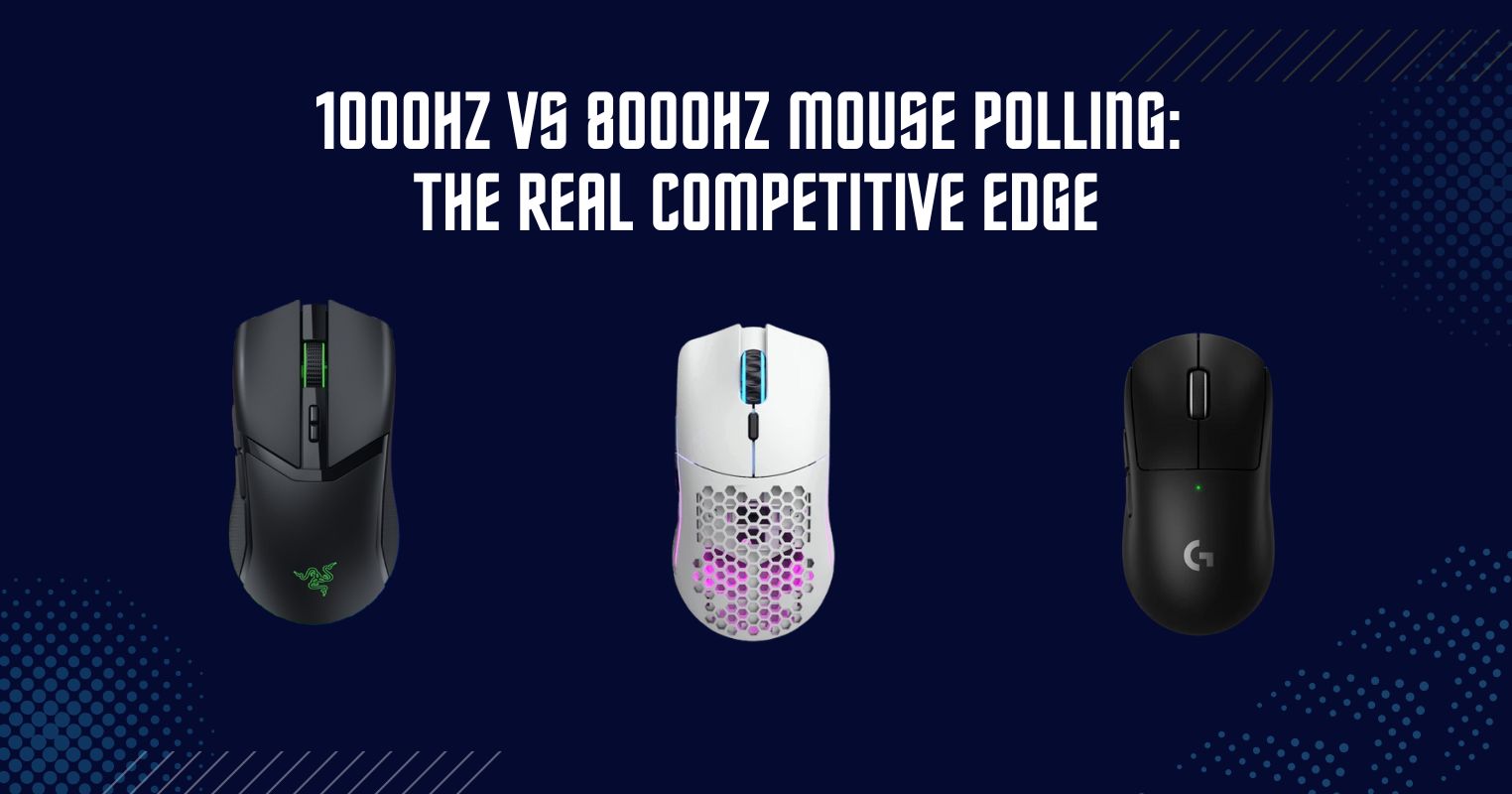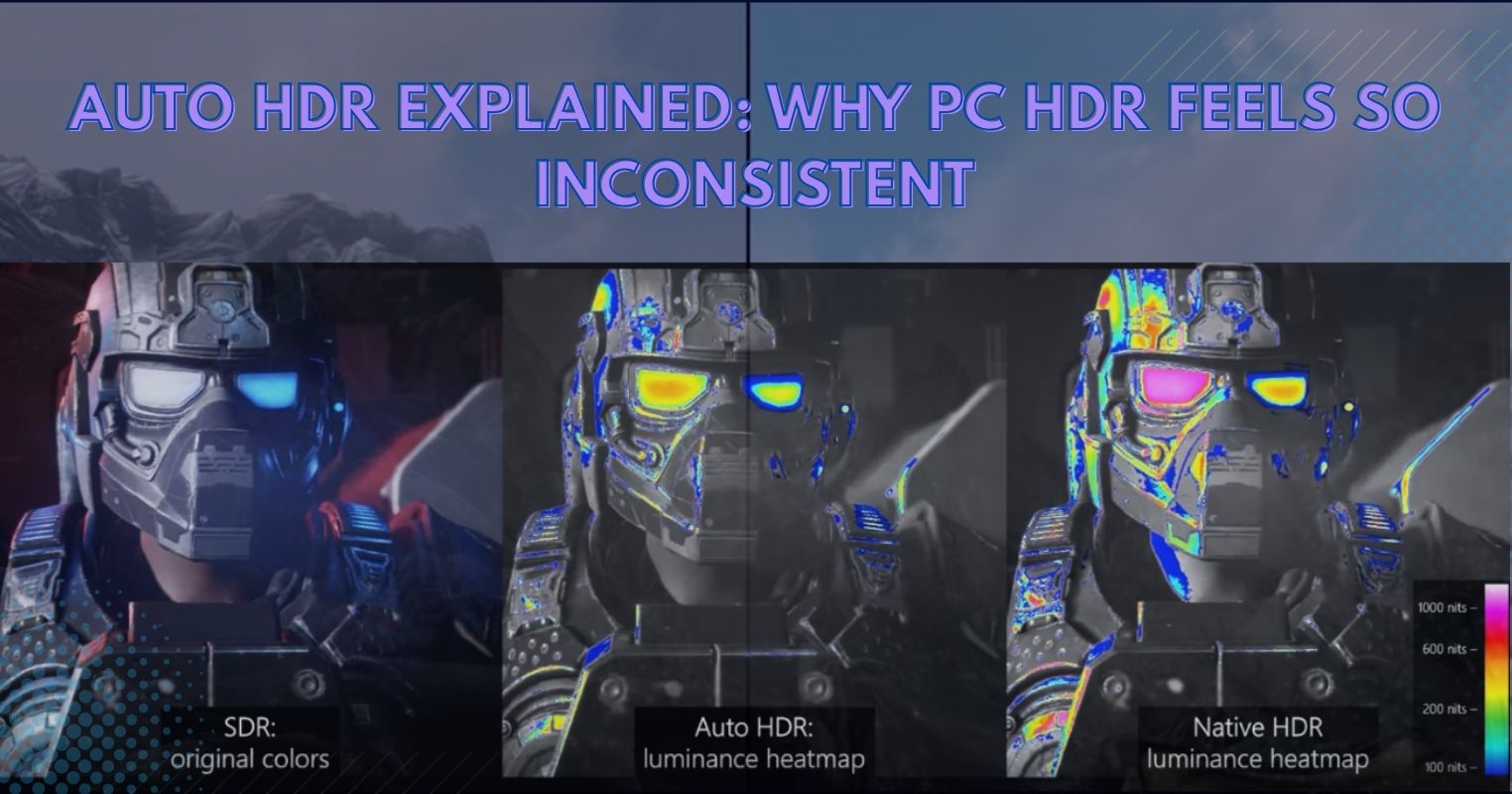- The 2019 MacBook Pro 16” is a great option for those who still want the best Intel Mac ever made in a portable form factor.
- The 2020 MacBook Air/MacBook Pro M1 along with the M1 and M4 Mac Mini are the unrivalled choices for Apple Silicon on a budget.
- The M1 Pro/M1 Max MBPs are better suited to enthusiasts and professionals while keeping their wallets in check.
Apple Silicon is all the rage nowadays and to be honest, why shouldn’t it be? After all, Apple Silicon is primarily responsible for more than doubling the Cupertino-based tech giant’s share prices.
That being said, here’s why I think you should ignore all the Macs released prior to 2020, with the exception of one notable variant.
What Was Wrong With The Intel Macs?
I’ve gone into alarming detail regarding this in a completely separate article.
However, to sum it up, all the Macs, but especially MacBook Pros released between 2016-2018 suffered from a collection of horrendous design flaws, such as the notorious Butterfly keyboard, the removal of USB Type-A ports as well as SD Card slots and HDMI connectors as well as reduced performance concerns due to thermal throttling and an overpricing phenomena, to name a few of the major oversights.
In short, this was the peak of Apple’s Jony Ive era where form was seemingly prioritised over function.
Nevertheless, there was one release that propelled Apple right back to the top of its game and landed the brand in the good books of professionals and enthusiasts all over the world.
Redemption: MacBook Pro – 16” – 2019
The 16” MacBook Pro released on 15th November 2019 aimed to fix almost every major flaw that plagued the outgoing models.
To begin with, the 16” MacBook Pro brought back the good old scissor-style Magic Keyboard and upped the resolution thanks to the larger screen size.
These new MacBook Pros also showcased the Radeon 5000 Series GPUs from AMD, starting with the Radeon 5300M with 4 GB of VRAM, going all the way up to the Radeon 5600M with 8 GB of HBM2 (High Bandwidth Memory) VRAM.
But most importantly, the 16” MacBook Pro arrived in a thicker form factor with a 99.8 Whr battery (the maximum limit allowed by the TSA is 100 Whr), which meant that these new laptops would alleviate the thermal throttling concerns that cannibalized the sales of the 2016-2018 MacBook Pros.
2020: The Advent Of Apple Silicon
For starters, the M1 SoC will go down in history as one of the most legendary Apple-manufactured chips.
Apple began its official transition from Intel-baed Macs to Apple Silicon with the help of the refreshed MacBook Air that debuted in 2020 with the M1 chip and a base configuration of 256 GB SSD/8 GB RAM.

The 13” MacBook Pro also became the subject of this M1 refresh with the only difference between the MBP and the MBA being that the former had a physical cooling fan to help prevent thermal throttling for users who wished to partake in demanding workflows.
Both the MBP and the MBA turned out to be blockbuster hits, and to this day, you’ll find huge demand for these laptops, which means they’ve held their resale values relatively well.
2021: Apple Silicon Means Business
Apple Silicon really took off with the launch of the M1 Pro and the M1 Max MacBook Pros.
These chips were geared towards the most demanding professionals of the industry and no expense was spared. 120 Hz ‘ProMotion’ displays, ultrafast SSDs and RAM, monstrous GPUs, a much thicker form factor for the best battery lives ever in a Mac, the list keeps going on and on.
Unsurprisingly, these MacBook Pros were also favorably received and were subsequently refreshed in the following years with the M2, M3, and now the recently announced M4 SoCs.
2022: Final Boss Battle
Apple wholly obliterated its underwhelming competition with the highly anticipated launch of the Mac Studio and the Mac Pro, which introduced the M1 ‘Ultra’ and M2 ‘Ultra’ chips with up to 72-chip GPUs, complemented by up to an 8 TB SSD and 192 GB of unified RAM.
Even I couldn’t possibly justify buying either of these two computers, but then again, they’re aimed at industrial professionals, people who are at the top 1% of their game, i.e., people who rely on these machines for their livelihoods and of those around them.
Trust me, you’ve never seen anything like these Macs, which is maybe why Apple has struggled to come up with an M3 ‘Ultra’ SoC at the time of writing.
Nonetheless, I can safely say you’ll be very pleased no matter what Mac you choose, assuming it was released in 2019 and afterward. Checkmate, Windows PCs.
Thank you! Please share your positive feedback. 🔋
How could we improve this post? Please Help us. 😔
[Wiki Editor]
Ali Rashid Khan is an avid gamer, hardware enthusiast, photographer, and devoted litterateur with a period of experience spanning more than 14 years. Sporting a specialization with regards to the latest tech in flagship phones, gaming laptops, and top-of-the-line PCs, Ali is known for consistently presenting the most detailed objective perspective on all types of gaming products, ranging from the Best Motherboards, CPU Coolers, RAM kits, GPUs, and PSUs amongst numerous other peripherals. When he’s not busy writing, you’ll find Ali meddling with mechanical keyboards, indulging in vehicular racing, or professionally competing worldwide with fellow mind-sport athletes in Scrabble. Currently speaking, Ali’s about to complete his Bachelor’s in Business Administration from Bahria University Karachi Campus.
Get In Touch: alirashid@tech4gamers.com




